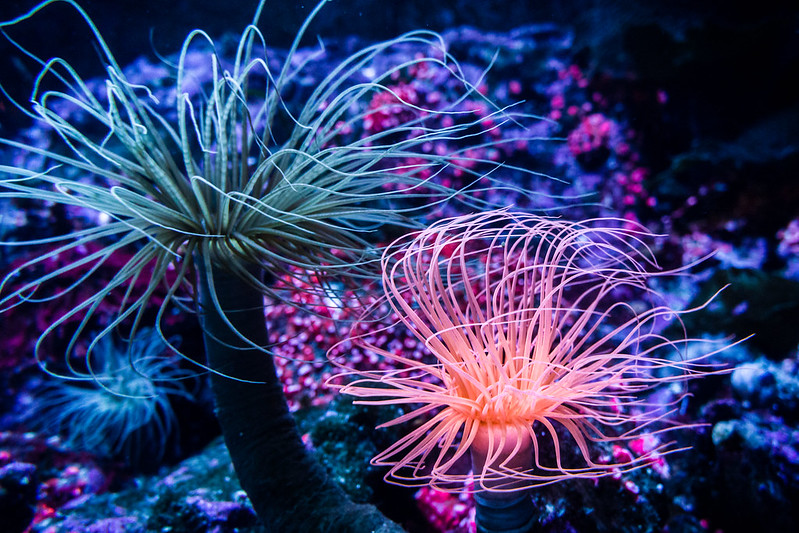The US has proposed to protect 12 critical coral species in the Caribbean and Pacific Ocean, which- if implemented- would protect nearly 16 000 sq km of critical coral habitat.
—
Coral reefs are some of the most biodiverse ecosystems in the world, and they also serve as economic lifelines to millions around the world. According to the National Oceanic and Atmospheric Administration (NOAA), their annual economic value in the US alone exceeds USD$3 billion.
What is Happening?
- The proposed protections in the Pacific cover 600 sq km of critical habitat for seven threatened coral species around Guam, American Samoa and the Northern Mariana Islands. Four of these species have shown to be particularly vulnerable to threats by humans.
- In the Caribbean, protections would cover 5 900 sq km of critical habitat for five threatened species off the coast of Florida, Puerto Rico and the US Virgin Islands. These include species like pillar coral, mountainous star coral and lobed star coral. Some of the new Caribbean protections overlap with those already in place for threatened elkhorn and staghorn corals, which have been devastated by white band disease.
- These protections will help to regulate local threats to corals like overfishing, pollution and dredging operations. Mitigating these stressors can improve corals’ resilience to the impacts of climate change and while they may still experience bleaching, they will be more likely to survive these events.
- These proposed protections are crucial- a recent report found that Florida has just 2% of its original coral cover, while Caribbean corals are facing a disease outbreak.
While Andrew Baker, a marine biologist with the University of Miami who specialises in the impact of climate change on coral reefs, praises the proposed protections, he calls them a “necessary but insufficient step” for helping coral species. He says, “The critical habitat designation in and of itself isn’t going to protect corals from climate change directly, but it does prevent certain potentially destructive activities from occurring in these habitats,” he said.
You might also like: What is The Coral Triangle?
In 2019, The Center for Biological Diversity sued the Trump administration for its failure to implement habitat protections for these species five years after the corals were initially listed under the Endangered Species Act in 2014. Threatened species are supposed to receive habitat protections at the same time they are listed.
- Threats to coral reefs in the Caribbean, the Pacific and around the world include ocean acidification, which stunts the ability of corals to grow, and coral bleaching.
- Besides serving as habitat for many marine species, Healthy coral reefs also act as natural barriers that soften the blow from typhoons, storm-generated waves and tsunamis, making their protection all the more crucial.
Featured image by: Flickr

















